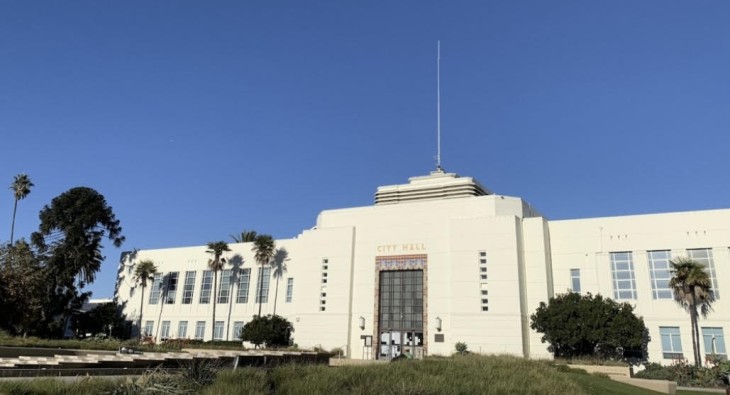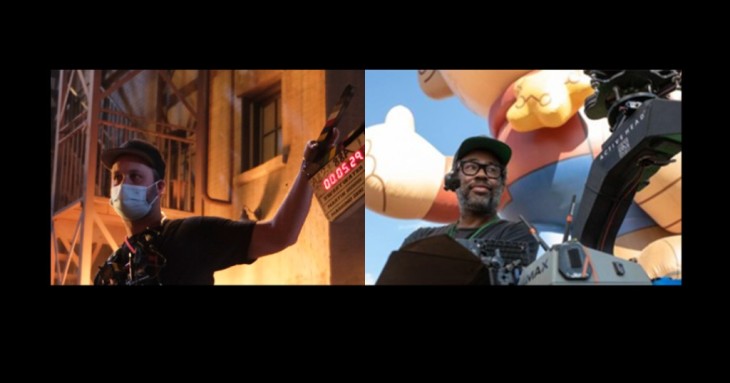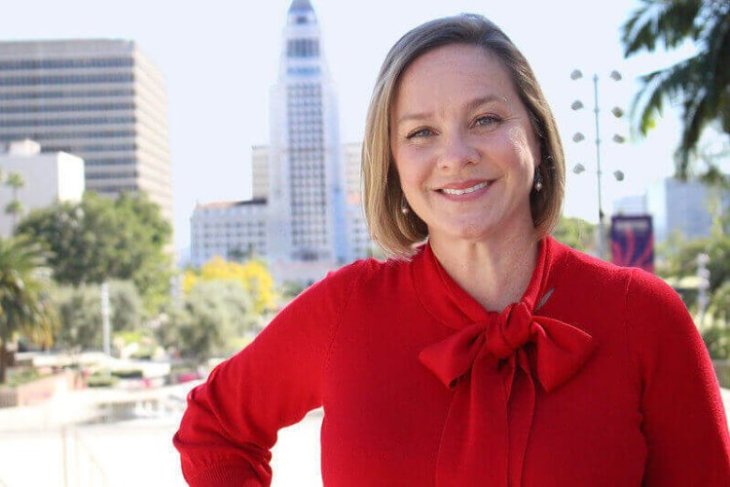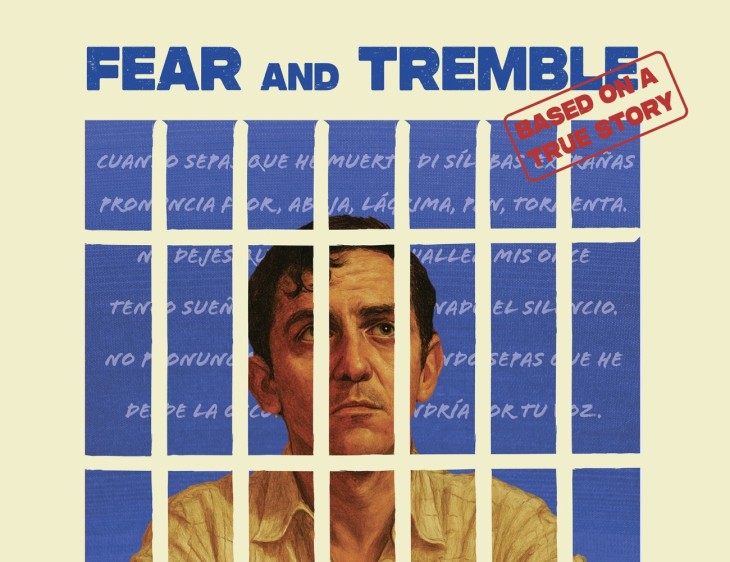By Candace Fernandez
To the general population, poverty seems an insurmountable task, for we’ve convinced ourselves our impact lacks power in the face of its immensity. Even in those rare times, when we’ve found ourselves begin to pull at the single dollar that’s found residence inside our rarely filled back pockets, we can’t seem to turn away from the pessimist inside ourselves, reminding us our money will be going to Dan the Drug Dealer on the corner of the sidewalk and not to the betterment of this shivering individual. Yet, through all this negativity, goodness prevails, for the pessimist failed to remember one very important, invaluable thing: we are all connected. It is through this connection, this unyielding boundness, that our voices are amplified, our actions, personified, and our loudness (and quiet kindness), heard.
So dear editor, I urge you to wake up the optimist within us all. With the homeless crisis growing across the US, and especially in my beloved city of Los Angeles, I too have lost hope on some days, heck, some months I’ve felt depleted, but when I remembered that we aren’t alone, that 700 million people across the globe live on less than $1.90 a day, I realized that us Americans, Californians, and Angelinos are merely one of many. Thusly, I urge you to remind your readers that sitting, talking, complaining about the issue will not bring humanity back to our impoverished people; but rather, working to end global poverty will.
Investing in ending global poverty houses an economic return for America, for the more people that become economically stable around the world, the less nation’s will need to rely on US foreign aid for survival. As a result, former impoverished citizens will become economically stable consumers, and the United States will have more trading partners, for more people will be able to purchase US goods. With 1 in 5 US jobs being export based, and 50 percent of our exports currently going to developing nations, the solution to our poverty is to solve poverty in other regions. A great example of this investment-return occurrence is the Marshall Plan following WWII. When US leaders gave $12.7 billion ($110 billion in today’s dollar equivalency) to Europe to rebuild the post-war nation, the economic return for this amount of foreign aid has been tremendous, as the United States now exports $240 billion worth of goods to Europe every year.
While many Americans feel our country spends too much on foreign aid, in actuality, we aren’t spending enough. While many believe that the US spends 25 percent of the federal budget on foreign assistance, in reality, only 1 percent of the federal budget goes towards the cause. Also, despite America being one of the wealthiest nations in the world, we rank 19th in comparison to 18 of the world’s wealthiest places when it comes to humanitarian spending. What many forget about foreign aid is its impermanence, for once people are no longer impoverished, it will no longer need to exist. Imagine the economic stability we could bring to not only global nations, but our own beloved country, if we chose to use foreign aid as a means of building other nations up; if we focused on helping each other rather than bathing in a pool of our own fear, imagine the Americans we could be. So dear editor, I urge the American people to abandon their egos, to step beyond the comfortability of their own political parties, and to join the fight to end global poverty, for altruism is not a stance that subscribes to any political philosophy, but rather its a need that sings to the humanity within us all.


























